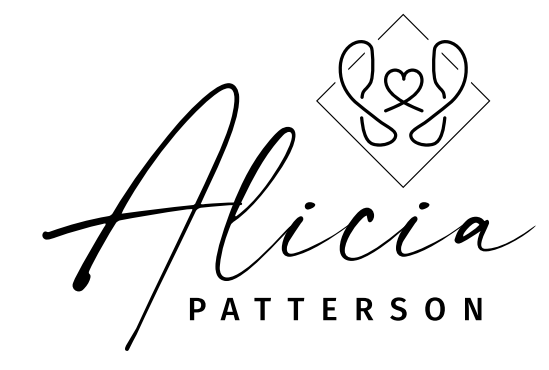4 Signs of Attachment Drama
The earliest trick we learn in life is how to ask for help through tears. Infants don’t only cry when they’re hungry. Sometimes, they want warmth, closeness, social attention, safety reassurance, and other emotional reassurance.
Caregivers who learn to respond to these needs cultivate secure attachment in families and other relationships. Being a securely attached adult who sets healthy boundaries, has meaningful relationships, and feeling comfortable expressing themselves to others is the ideal. For those who don’t receive a secure attachment environment in their development, it is possible to earn security in adulthood. Working with these early imprints is part of attachment and relational therapeutic work.
Caregivers who fail to meet an infant’s or child’s emotional and psychological needs, whether it be through neglect, physical abuse, loss of a parent through death or divorce, or mental illness—can lay down patterns for attachment and bonding difficulties later in life.
How can you tell if you’re caught up in attachment drama? Look out for any of these four signs.
1. You avoid intimacy and closeness.
While we may not remember specific images or sounds from our early development, research shows our bonding patterns are imprinted from birth until 3 years old. Early life experiences are encoded in the brain, later affecting how we learn, behave, and cope with stress.
Infant and childhood patterns are one thing. Even as an adult, the anxiety of interdependency, having to rely on someone, or letting someone be close to you, can feel like too much. When our earliest experiences with trust was disrupted, for whatever reason, it creates a specific attachment dynamic.
To avoid panicking, running away, lashing out, or sabotaging a relationship, sometimes we shut down when relating to others or closeness is available. This can look like anything from making jokes during serious moments, brushing off deep conversations as unimportant, being overly demanding of others, avoiding “work” in a relationship, or feeling walls go up when you feel vulnerable.
2. You cling to partners, sometimes to the point of pushing them away.
By the time we’re five months old, we know how to read the faces and tones of voices of our caregivers to discern their emotions and safety. In intimate relationships, it’s usually not about what we’re actually saying (though this carries big importance in a bond), it’s how we’re saying it. Our nervous systems mainly communicate through eye contact, posture, quality of touch, and volume / tone of voice. As we enter childhood, understanding adult emotions can become complicated, scary, confusing, or something we feel we “should” be able to do.
Feeling like we have to manage our caregivers’ emotions to survive can translate to emotional alertness, “enmeshment”, avoidance, and bond blocking in adult relationships. You may find yourself monitoring your partner, constantly asking for reassurance, engaging in surveillance behaviors, feeling like your nervous system is burning in a need for comfort and security. These are neural-chemicals and there are ways to work with ourselves to build more internal security.
3. You question your self-worth.
Our early life and childhood caregivers are the first experience of stability and support that have (or lack thereof). Built on a stable foundation, children can grow up with a strong sense of self and feel more confident facing challenges. An unstable foundation, however, can lead to a harmful combination of low self-esteem and intense self-reliance.
If, when growing up, your caregivers tended to criticize more than support, you may also struggle with doubtful voices in your head that affect your attitude and outlook on life and yourself.
4. You hold tightly to your independence.
As an adult, you may at first feel proud of your independence. As we age and mature, prizing it because of a fear of intimacy can cause one to juggle too much for one person and burnout. You may also start to resent friends for never helping or giving back, though perhaps they are unaware of what’s happening for you due to a lack of transparency or vulnerability.
The longer these patterns continue, you may choose to avoid relationships altogether, seeing them as potential for more pain and work than joy. Everyone deserves a shot at establishing a true bond with other humans. If we are able to encounter what it really requires, in the safety of a therapeutic dynamic, it can be one of the most fulfilling shifts in life someone can make. Therapists can be a great resource to explore how attachment trauma has affected your life and relationships. Just because you haven’t had it before doesn’t mean it’s out of reach. Ready to embrace yourself with acceptance, and move into a different stage of life? Schedule your first appointment today for trauma therapy.

